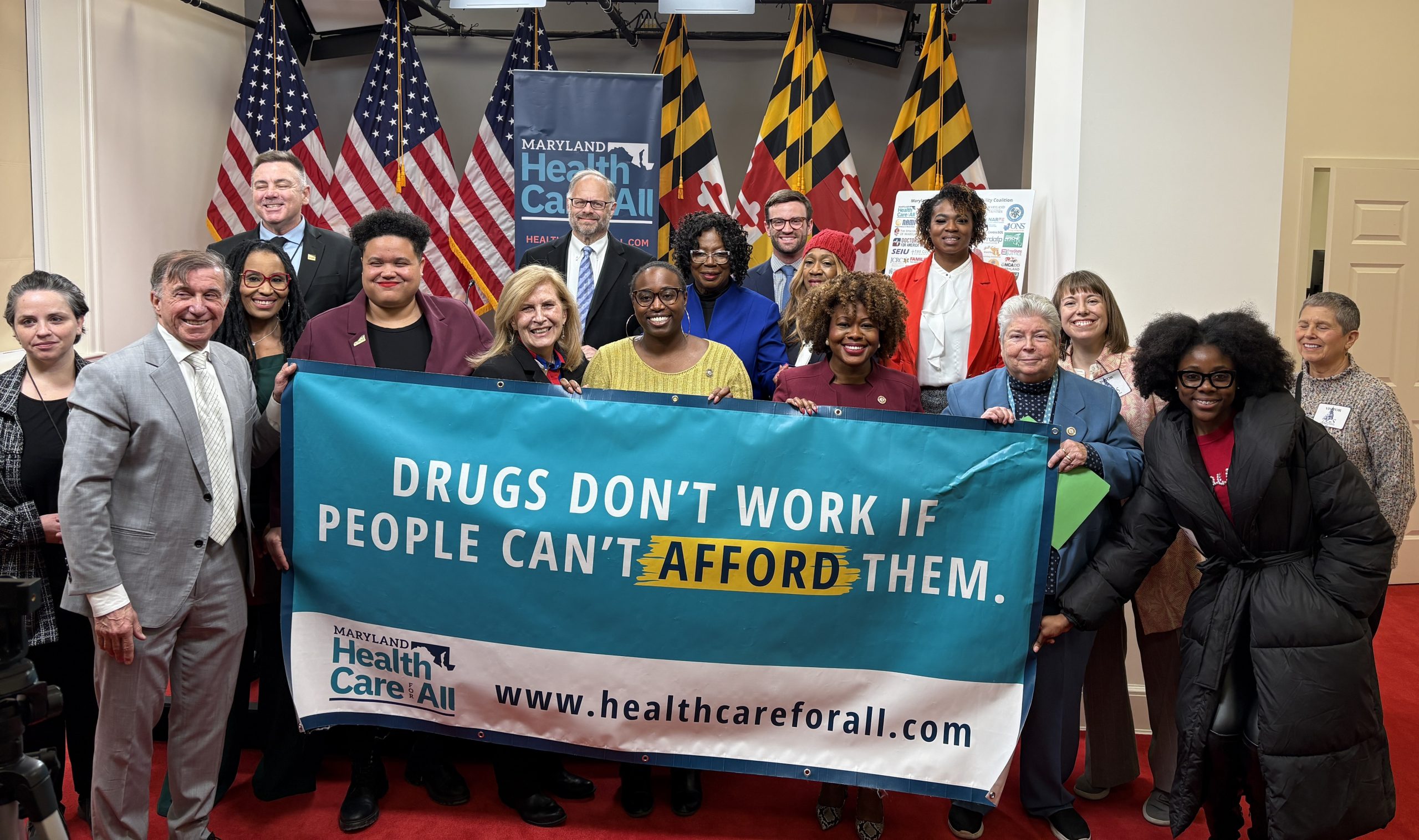This is a guest post that was originally published on Community Catalyst’s Health Policy Hub on June 25, 2013.
Faith leaders are often on the front lines serving families in crisis, whether at the side of the hospital bed, emergency shelter or food pantry. Given their roles within communities, faith leaders likely interact with many “hard-to-reach” populations, putting them in a prime position to help facilitate some of the outreach and education necessary to support enrollment into Maryland’s health insurance Marketplace. Faith leaders are also in a key position to field questions about complex eligibility scenarios or enrollment challenges. Most importantly, they can function as key “culturally competent” messengers—often times knowing how to connect and build trust with marginalized communities. This community connection makes faith leaders essential partners in Affordable Care Act (ACA) outreach and enrollment efforts.
To help ensure faith leaders and state officials are prepared to work together on a robust outreach and enrollment campaign, Maryland Citizens’ Health Initiative brought these stakeholders together to share the latest information and resources about enrollment and outreach best practices. We learned a lot from this experience that may help other consumer health advocates replicate our success.
On May 14, more than 150 faith leaders attended the “Faith Leader Summit on Health Reform” co-hosted by the Baltimore Jewish Council, Maryland Health Care for All! Coalition, and Maryland Health Connection. Attendees included diverse faith leaders from Christian, Jewish and Muslim religious groups, community groups from across the Baltimore metropolitan region, and state officials who have been partnering with consumer health advocates to advance enrollment efforts.
The summit opened with remarks from Maryland Secretary of Health, Dr. Joshua Sharfstein, Congressman Elijah Cummings and Aryanna Abouzari from the Department of Health and Human Services (HHS). The opening remarks were followed by a panel featuring a prominent local faith leader, the Maryland Deputy Health Secretary, and the Executive Directors of the state’s Office of Health Reform and the Maryland Health Benefit Exchange. Attendees then participated in three different workshops on an ACA outreach toolkit for faith leaders, updates on the Medicaid program and an introduction to the state’s enrollment assistance program for Maryland’s Marketplace, the Connector, which includes Navigators, Assisters, In-person application counselors and brokers.
Lessons Learned:
- Convene a Faith Steering Committee to support planning and outreach—Faith leaders are busy and juggle a lot of responsibilities. We knew that for this event to be valuable and appeal to faith leaders, it needed to be designed by faith leaders. We balanced these demands by hosting bi-weekly 30 minute conference calls with participation ranging from 5-12 faith leaders. Feedback collected from these calls directly shaped the agenda, materials and outreach for the event. The ongoing guidance from this group helped to ensure that our event was about them, not us. It also helped make sure the materials were well-suited to the audience and avoided unnecessary jargon.
- Feature local faith leaders at the beginning of the event—Bishop Miles of Koinonia Baptist Church is a well-recognized and well-respected faith leader who opened the meeting with a call-to-action for all people of faith (see clip above). In doing so, he establish a clear framework and vision for the summit. In the feedback we collected from participants afterward, his panel was consistently the top-ranked portion of the event. It was another way to demonstrate the summit was led by faith leaders for faith leaders and that their contributions were highly valued by the advocacy community and state leaders.
- Partner with the state officials—As an advocacy organization, we have an important role to play to help forge connections between state officials and trusted local leaders. Working with state officials on this event helped us encourage the state to develop and disseminate outreach materials with this audience in mind. It also helped build mutually beneficial relationships directly between state officials, faith leaders and their newly appointed Connector Entity, Health Care Access Maryland.
- Follow-up!—We are now in the process of contacting all attendees to answer any remaining questions they have and to offer the services of a “Health Ambassador,” (a minister who has been trained to give 5-20 minute presentations on the ACA to congregations at worship services or other gatherings). The program has been a great success—both from the perspective of those who have hosted Health Ambassadors and those who have been trained as Health Ambassadors.
Because this event was such a great success, we are now in the process of looking to replicate this summit in other regions of the state and encourage other advocates to explore this important opportunity for engaging faith leaders in outreach and enrollment this fall.
– Suzanne Schlattman, Deputy Director for Development and Community Outreach
Maryland Citizens Health Initiative



